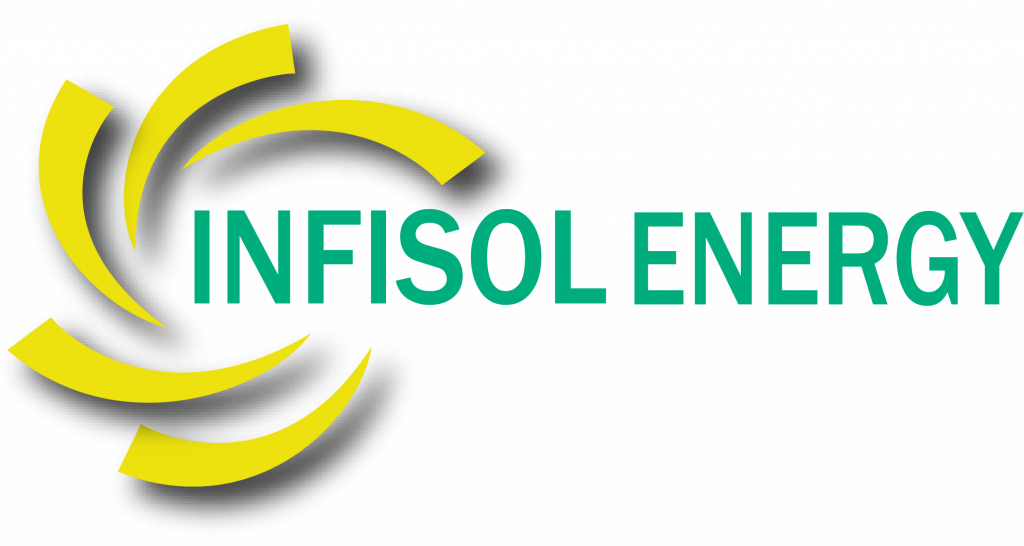Table of Contents
Introduction
The much-awaited solar policies have been approved, Check out the MERC & set the stage for a greener and more sustainable future. On November 16, 2023, the Maharashtra Electricity Regulatory Commission (MERC) unveiled a remarkable policy for the entire solar community. Consumers with 100 Kw & above can go for Green open access.
Let’s delve into the realm of business opportunities, specifically focusing on Green Open Access. One lucrative option is establishing your solar park near a substation, enabling you to vend power for a substantial period of 20 years. Another avenue is to collaborate with a client possessing land or the intent to acquire it, facilitating the creation of a captive power plant.
In this scenario, undertaking Engineering, Procurement, and Construction (EPC) responsibilities can be a rewarding venture. These endeavors not only contribute to sustainable energy practices but also present promising avenues for financial growth in the evolving landscape of green business.
MERC’s Key Solar Policy Highlights:
1. Net-Metering Limit Skyrockets to 5MW:
- Previous cap of 1MW for solar rooftop capacity under Net-Metering.
- New policy liberates facilities to harness up to 5MW.
- AC capacity of the solar system is considered for permission.
2. Grid-Support Charges Take a Backseat:
- MERC postpones Grid Support Charges (GSC) introduced in 2020.
- GSC deferred until the cumulative rooftop capacity hits 5000MW.
- Earlier concerns of potential charges ranging from Rs 1 to Rs 4 per unit alleviated.
3. Green Open Access Permissions Broadened:
- Open access allows consumers to establish solar power plants, supply electricity to Maharashtra DISCOM (MSEB), and engage in Power Purchase Agreements (PPA).
- Previous restrictions were lifted; consumers with a contract demand of over 100kw are now eligible for open access.
- Enabling a wide array of consumers, from malls to industries, to benefit from cost-effective power.
4. Group Net-Metering and Net-Billing Introductions:
- Stay tuned for our upcoming blog series, diving into Group Net-Metering and Net-Billing arrangements.
- Anticipate positive updates on these policies.
5. Refunding Long-Deposited Solar Units with Grid:
- Further details are awaited; MERC is yet to provide specifics.
Analyzing the Solar Policy Updates:
Net-Metering Limit Soars to 5MW:
- Previous constraints hindering larger solar installations addressed.
- MERC’s forward-thinking approach encourages facilities to tap into solar potential up to 5MW.
Postponing Grid-Support Charges:
- Relief for stakeholders as the looming threat of GSC is postponed.
- MERC’s decision fosters a conducive environment for rapid solar power growth.
Green Open Access Permissions Extended:
- A paradigm shift in open access criteria; a contract demand of over 100kw opens doors.
- Diverse industries, from skyscrapers to manufacturing, can now embrace cost-effective power solutions.
Infisol Energy Appreciates MERC’s Bold Step:
- Infisol Energy commends MERC for its progressive and impactful initiatives.
- A positive outlook for the future of green energy solutions in Maharashtra.
Looking Ahead:
- Stay connected for our upcoming blog series, exploring group open access, group net-metering, net-billing, and additional positive policy updates.
- Despite the Indian Cricket Team’s loss in the 2023 World Cup, MERC takes the lead to make Maharashtra “Electrically Self-Sufficient.”
Connect With Us:
- For updates, clarifications, or suggestions, reach out to us. We’re eager to engage in discussions.
- Join us in an insightful discussion with our expert on opportunities and challenges for achieving 100% RE.
Conclusion:
MERC’s bold and visionary solar policies set the tone for a brighter and sustainable future in Maharashtra. As we navigate these policy changes, one thing is evident: MERC is playing on the front foot to make Maharashtra “Electrically Self-Sufficient.”

